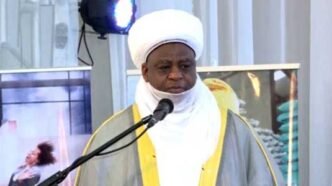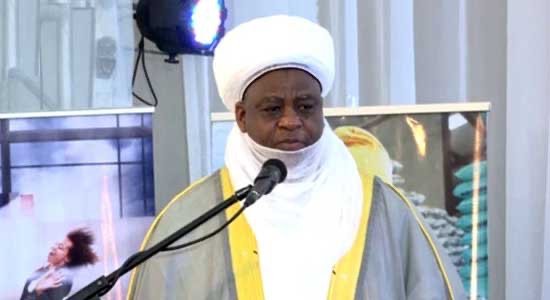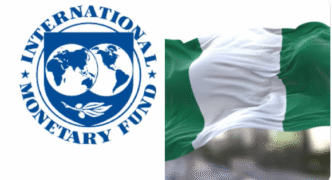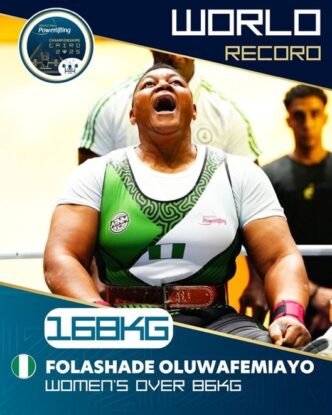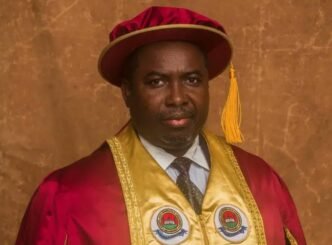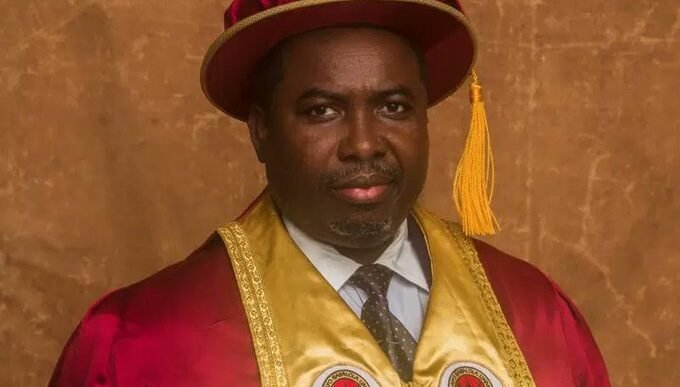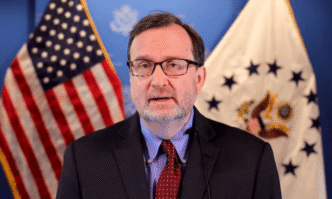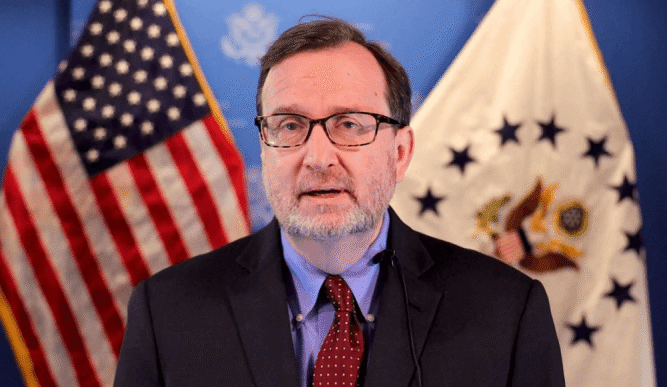The Sultan of Sokoto and President-General of the Nigerian Supreme Council for Islamic Affairs (NSCIA), Alhaji Sa’ad Abubakar III, has called for the urgent regulation of social media use in Nigeria, warning that its unchecked misuse poses a serious threat to national peace, unity, and mutual respect among citizens.
Speaking on Thursday during a public event in Sokoto, the revered monarch expressed deep concern over the growing trend of misinformation, hate speech, and character assassination being spread through various online platforms. He particularly lamented that some scholars and religious figures—who should ideally promote moral conduct and national unity—have instead become agents of division through their use of social media.
“Social Media Has Become a Double-Edged Sword” – Sultan Warns
Alhaji Sa’ad Abubakar III noted that while social media remains an essential tool for information dissemination, education, and civic engagement, its unregulated use has increasingly become a double-edged sword in the Nigerian context.
“Social media is one of the most powerful tools in today’s world. It can unite or divide, build or destroy. Unfortunately, in our country, it is now being used more for destruction than for development,” the Sultan said.
He decried the growing culture of online abuse, religious intolerance, and the spread of fake news, which he said have fueled social tension and mistrust among Nigerians.
“We are seeing so-called scholars using their online platforms to insult, incite, and divide people along religious and ethnic lines. This is not acceptable. We must all rise to stop it before it consumes us,” he added.
Call for Regulatory Framework and Moral Restraint
The Sultan urged the Federal Government, lawmakers, and communication authorities to establish a comprehensive framework for social media regulation—one that protects freedom of speech while also curbing harmful content and digital misconduct.
He emphasized that regulation should not be used as a tool of censorship or political repression but as a mechanism to preserve social order, promote responsible digital engagement, and uphold ethical values.
“We are not saying government should shut down social media or silence the people. No. What we are calling for is a system that promotes responsibility and accountability. People must know that freedom of expression comes with limits and responsibilities,” the Sultan stated.
He also called on parents, educators, and religious institutions to educate youths about the ethical use of digital platforms, stressing that the battle against online misconduct begins with awareness and discipline at the family and community levels.
Concerns Over Fake News and Hate Speech
In his remarks, Alhaji Sa’ad Abubakar III highlighted that the rise of fake news and hate speech on platforms such as X (formerly Twitter), Facebook, TikTok, and WhatsApp has contributed significantly to the erosion of mutual trust and the escalation of communal conflicts across Nigeria.
He cited instances where false online narratives have led to unrest and violence, particularly in northern states, emphasizing that the consequences of misinformation can be deadly.
“Some of these fake posts go viral within minutes, and before the truth emerges, lives and properties are already lost. We must take this issue seriously,” he said.
The Sultan also urged influential social media users, journalists, and online content creators to verify information before publishing or sharing it, as part of their civic responsibility to the nation.
A Growing National Debate
The Sultan’s comments come amid increasing national debate over whether or not Nigeria should introduce stricter social media laws. Over the past few years, the federal government has made several attempts to regulate the digital space, citing security and public order concerns.
In 2021, the government temporarily suspended Twitter operations after the platform deleted a post by then-President Muhammadu Buhari, a move that sparked widespread criticism over censorship and the suppression of free speech.
More recently, the National Information Technology Development Agency (NITDA) proposed the Code of Practice for Interactive Computer Service Platforms, which seeks to compel major social media companies to operate under Nigerian laws, appoint compliance officers, and swiftly respond to takedown requests for harmful content.
Civil society organizations, however, continue to warn that such policies could undermine free expression and be misused by authorities to target critics and opposition voices.
Religious and Traditional Leaders Join the Conversation
The Sultan’s latest intervention adds to a growing chorus of religious and traditional leaders calling for responsible use of social media.
In August, the Ooni of Ife, Oba Adeyeye Ogunwusi, made similar remarks, urging Nigerians to avoid using social media to insult or incite division. Likewise, Christian leaders under the Christian Association of Nigeria (CAN) have repeatedly warned their followers against sharing unverified information that could inflame religious tensions.
Experts say the intervention of respected figures like the Sultan of Sokoto could help reshape the national conversation around digital ethics and promote a culture of tolerance and verification in online communication.
Digital Literacy as a Solution
Beyond regulation, many experts advocate digital literacy campaigns as a long-term solution to the problem of misinformation. According to data from the Nigerian Communications Commission (NCC), Nigeria currently has over 154 million active internet users, with the majority being youths under the age of 35.
Analysts believe that improving media literacy in schools, mosques, churches, and communities will go a long way in reducing the negative impact of social media misuse.
The Sultan echoed this sentiment, stating that:
“Our young people are intelligent and creative, but they need guidance. We must teach them to use technology for good — to build their communities, not to destroy them.”
National Security and the Role of Technology
The monarch further warned that the unregulated use of social media poses national security risks, especially in a country as diverse as Nigeria. He cited the use of online platforms by extremist groups, cybercriminals, and hate propagandists to recruit followers, spread propaganda, and destabilize communities.
He urged collaboration between traditional rulers, security agencies, and the media to counter these digital threats through education, dialogue, and preventive strategies, rather than repression or violence.
Conclusion
As Nigeria continues to navigate the complex balance between free speech and responsible communication, the Sultan of Sokoto’s call serves as a powerful reminder of the need for digital discipline, moral restraint, and effective policy action.
His message underscores a broader national truth — that the same tools which can amplify unity and progress can also, if left unchecked, deepen division and conflict.
“Let us use social media to build bridges, not walls,” the Sultan concluded. “Let us speak truth, not lies; promote peace, not hatred. That is the way forward for our dear country.”

